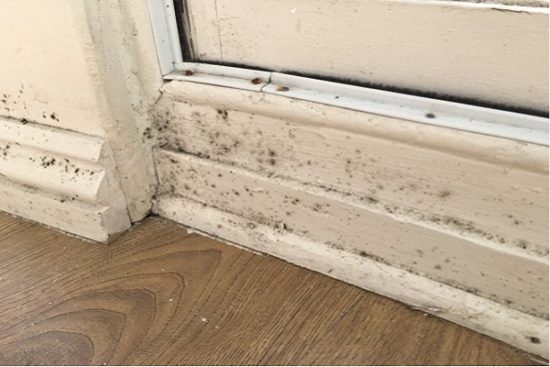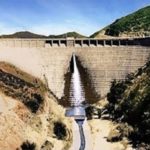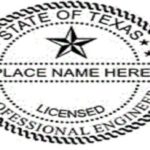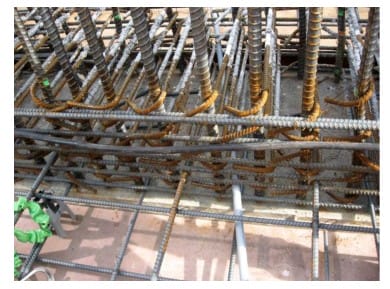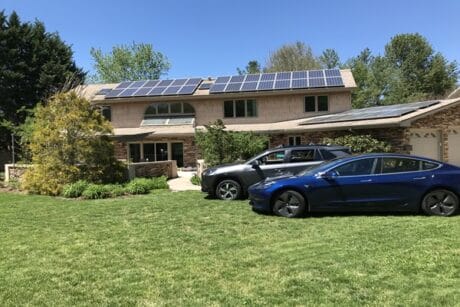No products in the cart.
- Course No E – 1718
- PDH Units: 4
Course No E - 1718
PDH Units: 4
- Course No E – 1718
- PDH Units: 4
Course No E - 1718
PDH Units: 4
Intended Audience: Civil, Building Engineers & Architects.
PDH UNITS: 4
Despite our best efforts to keep it out, water has found its way inside the building. This course examines the question of what to do next, since abandoning the building to its eventual collapse is not usually an option. The material briefly examines design and construction methods of systems designed to withstand water penetration. An understanding of these systems gives us a starting point in finding sources of intrusion, and a starting point for how to best repair them and prevent further damage. Sealing a failed envelope is the first step in remediation. Otherwise, the appearance of mold will likely be the next step in rendering our damaged buildings uninhabitable. Once the source of the problem has been addressed, steps can be taken to reclaim full use of the built environment. Assessment of moisture damage must be done next to best determine and prioritize steps toward repair or replacement of damaged components. Immediate and critical remedies are examined, as well as those which can be addressed after a couple days have passed. Lastly, any resulting mold growth must be eliminated, and steps taken to prevent its recurrence. Because of its power and the many ways water finds to enter our buildings, water intrusion with accompanying mold growth is one of the most discouraging building maintenance issues to address. But we have enough accumulated experience from past battles to handle it far better moving forward. This course is intended to equip others with that knowledge.
Learning Objective:
At the successful conclusion of this course, you will learn the following knowledge and skills:- Terminology used to discuss how entrapped water creates problems for building users
- Measures to retard the infiltration of moisture into built environments
- Where and why mold growth occurs
- Testing and inspection to find water damage
- Systems and procedures to inventory moisture damage following intrusion
- Immediate and secondary actions steps to take following water intrusion
- Indoor air quality issues and how to identify them
- How to deal with mold growth, once it is discovered
Once completed, your order and certificate of completion will be available in your profile when you’re logged in to the site.

